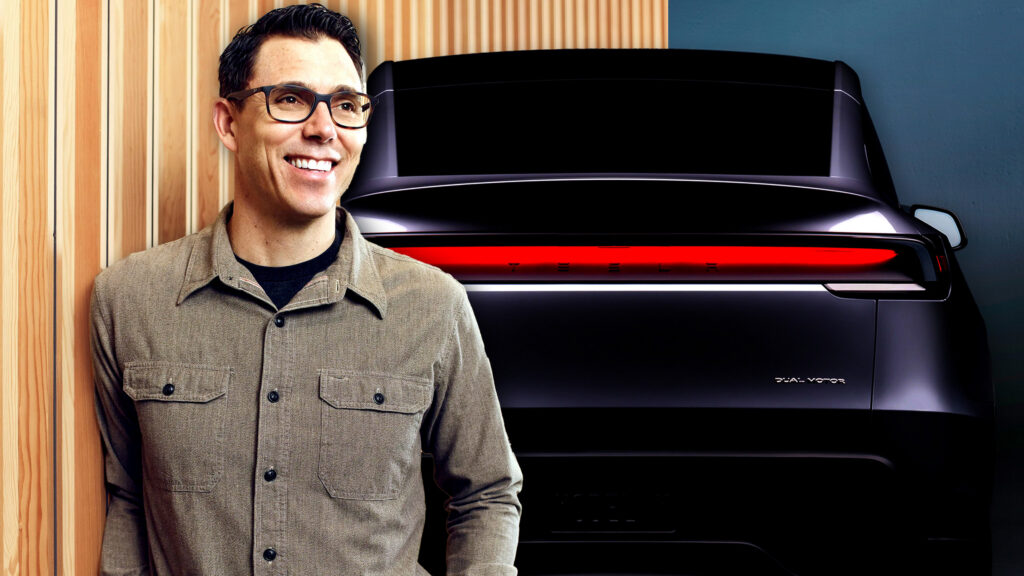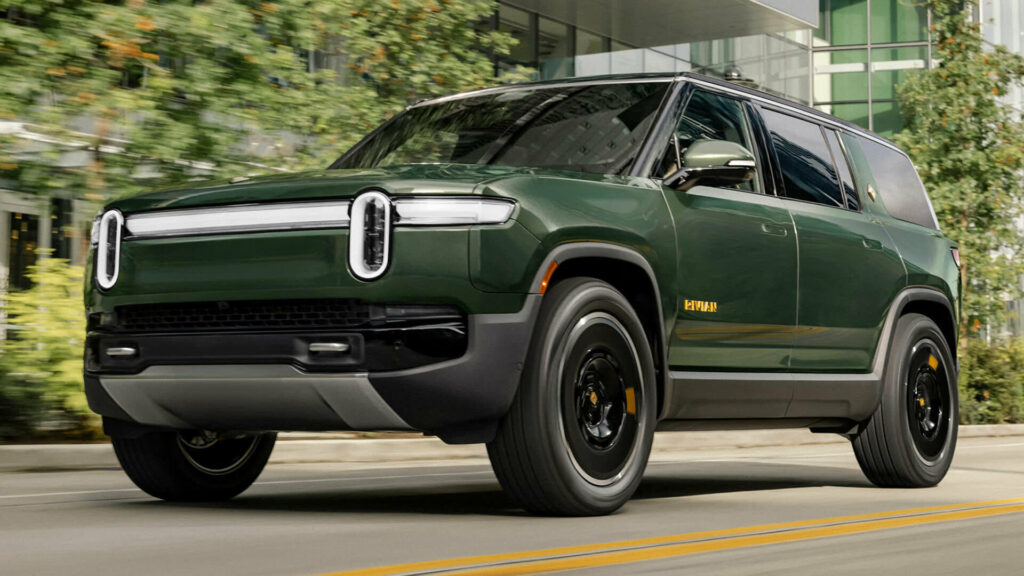Rivian’s Push For Affordable EVs

Rivian is an electric vehicle manufacturer that’s been getting a lot of attention recently. Unlike many others, all of its EVs are manufactured right here in the United States. However, the company isn’t immune to the repercussions of trade tariffs put in place during the Trump administration. RJ Scaringe, Rivian’s CEO, stands firm in the belief that creating more consumer choice is the key to expanding EV sales. This strategy includes introducing two new affordable models, the R2 and R3.
More Choices in the EV Market

The EV market has been largely dominated by Tesla, partly because there haven’t been many appealing alternatives, especially for vehicles under $50,000. Rivian is looking to change that. Scaringe has emphasized the need for variety in the EV lineup to appeal to a broader consumer base. It’s been stated that having more options is crucial for increasing electric vehicles’ market share and pushing toward a future where all vehicle sales are electric.
For anyone considering buying an electric vehicle in this price range, the upcoming R2 and R3 models could be game-changers. Rivian is aligning itself as a serious contender in this segment by offering these more accessible models, aiming to lure consumers who are considering their first EV purchase.
Driving Rivian
Driving a Rivian is a totally different experience compared to traditional vehicles or first-gen EVs. The company has poured resources into ensuring that the driving experience is both luxurious and capable. Rivian vehicles are known for their incredible off-road capabilities, offering features like adaptive air suspension. They provide a seamless driving experience that balances power and efficiency.
Compared to other EVs, Rivian stands out with its rugged build and trail-ready attitude, a nod to its utility vehicle roots. Drivers leaving a combustion engine vehicle will find the transition smoother thanks to Rivian’s focus on practicality and familiar vehicle dynamics.
Tariffs and Trade Concerns
Despite having a U.S.-centric supply chain, Rivian still faces challenges due to tariffs. Scaringe points out the complexity of supply chains in the automotive industry; many components still come from overseas. Trade policies, particularly those involving rare earth elements processed in China, pose risks and hurdles. These elements are crucial for crucial components like electric motors and batteries.
While tariffs indeed have a broad impact, Rivian is navigating through these obstacles by working closely with its suppliers. The company is focused on seeing what can be changed within this new tariff environment, even though modifications are challenging.
As the EV landscape continues to change, Rivian’s strategies and innovations are worth watching. The company realizes that to catch the average consumer’s eye, it needs to offer more than just an electric motor; it offers a whole new driving experience at an accessible price.
Subaru's STI Returns
Chess Game in Luxury
Nissan Boosts US Output
Miata's Light Future
Hertz's Bold Revival